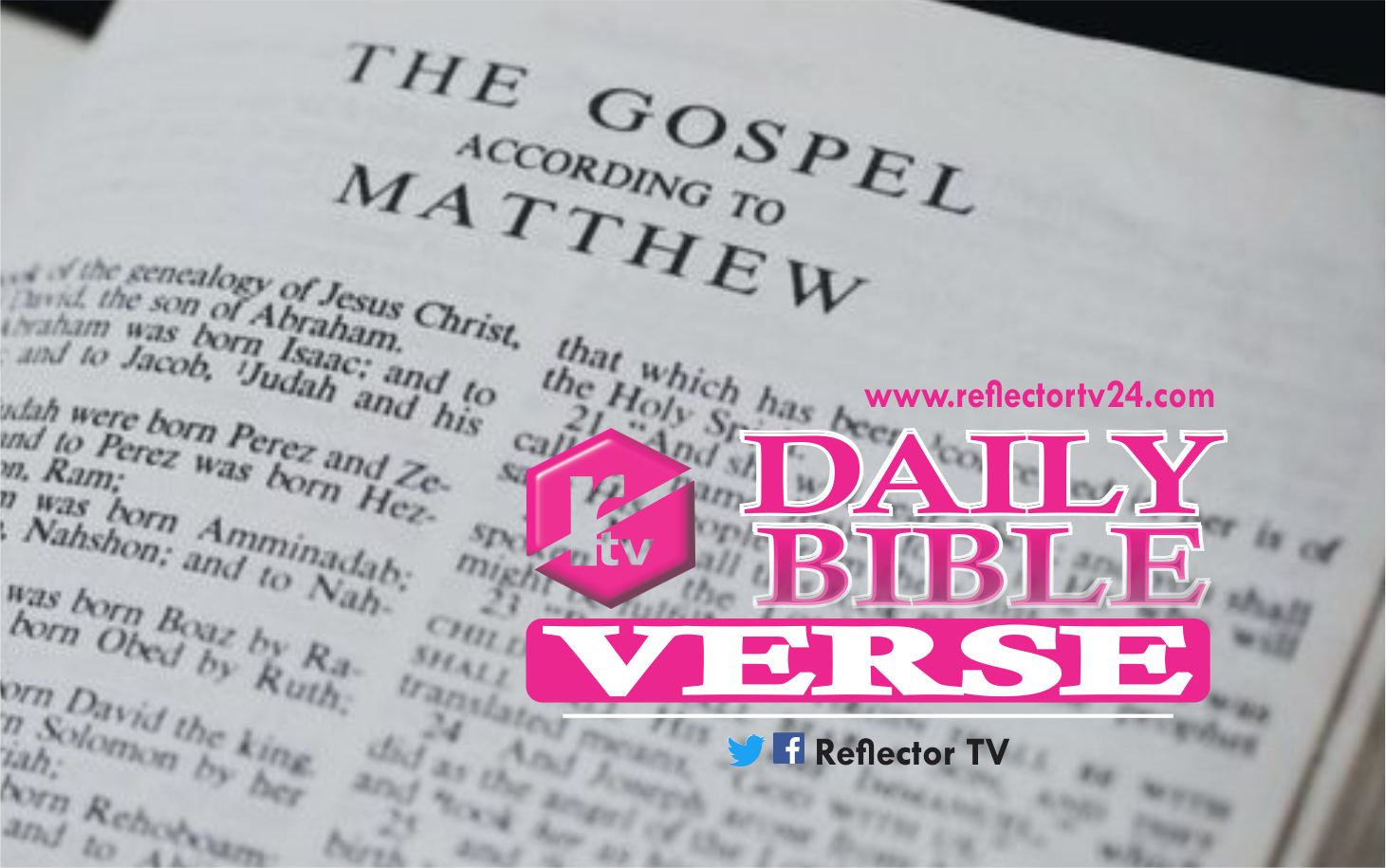
The Divine Logos – John 1:1 | Bible Verse for Today 15 March 2025
Welcome to today’s bible verse on Today Devotional 24 titled The Divine Logos. Please, watch till the end, God bless you. The Divine Logos – John 1:1 | Bible Verse for Today 15 March 2025
OPENING PRAYER:
Dear Lord, we thank you for the beauty of a new day. May the entrance of Your word this day, grant us light and understanding for outstanding results in life and destiny. Amen.
BIBLE VERSE: John 1:1 – In the beginning was the Word, and the World was with God, and the Word was God.
INSIGHT | The Divine Logos – John 1:1 | Bible Verse for Today 15 March 2025
In the opening verse of the Gospel of John, we find a profound statement that has shaped Christian theology for centuries: “In the beginning was the Word, and the Word was with God, and the Word was God” (John 1:1). This verse is a masterful blend of poetry, theology, and philosophy, setting the tone for the rest of the Gospel. In this analysis, we will delve into the biblical context, linguistic nuances, and theological implications of John 1:1.
The Gospel of John is widely regarded as one of the most theological and philosophical books in the New Testament. Written in the late 1st century AD, it is believed to have been composed by John, one of Jesus’ twelve apostles. The Gospel is structured around seven “signs” or miracles performed by Jesus, which serve as a backdrop for exploring the deeper significance of His life, death, and resurrection.
John 1:1 is part of the Gospel’s prologue (1:1-18), which introduces the main themes and motifs of the book. The prologue is a carefully crafted poem that explores the nature of Jesus Christ, His relationship with God, and His role in the world.
Linguistic Analysis
The Greek text of John 1:1 reads: “Ἐν ἀρχῇ ἦν ὁ λόγος, καὶ ὁ λόγος ἦν πρὸς τὸν θεόν, καὶ θεὸς ἦν ὁ λόγος” (En archē ēn ho logos, kai ho logos ēn pros ton theon, kai theos ēn ho logos). Let’s break down the key terms:
– *Ἐν ἀρχῇ* (En archē): “In the beginning.” This phrase echoes the opening words of the Hebrew Bible (Genesis 1:1) and establishes a connection between the creation narrative and the Gospel’s message.
– *ὁ λόγος* (Ho logos): “The Word.” Logos is a multifaceted term that encompasses various meanings, including “word,” “reason,” “wisdom,” and ” discourse.” In this context, Logos refers to Jesus Christ as the embodiment of God’s wisdom and creative power.
– *ἦν* (Ēn): “Was.” This verb is in the imperfect tense, indicating a continuous or ongoing state of being. It emphasizes the eternal nature of the Logos.
– *πρὸς τὸν θεόν* (Pros ton theon): “With God.” This phrase suggests a close, intimate relationship between the Logos and God.
– *καὶ θεὸς ἦν ὁ λόγος* (Kai theos ēn ho logos): “And the Word was God.” This statement is a profound declaration of Jesus’ divinity, underscoring His ontological equality with God.
Theological Implications
John 1:1 presents several key theological themes that are central to the Gospel’s message:
1. The Divinity of Jesus Christ: The verse explicitly states that the Logos (Jesus) is God, affirming His divine nature and coequal status with God the Father.
2. The Eternal Nature of Jesus Christ: The use of the imperfect tense (“was”) emphasizes Jesus’ eternal existence, underscoring His preexistence before the creation of the world.
3. The Relationship between Jesus and God: The phrase “with God” (πρὸς τὸν θεόν) highlights the intimate, personal relationship between Jesus and God, which is a central theme throughout the Gospel.
4. The Creative Power of Jesus Christ: As the Logos, Jesus is presented as the agent of creation, echoing the wisdom literature of the Old Testament (e.g., Proverbs 8:22-31).
John 1:1 is a rich, complex verse that sets the stage for the Gospel’s exploration of Jesus Christ’s nature, identity, and mission. Through its careful use of language and theological themes, the verse presents a profound portrait of Jesus as the divine, eternal, and creative Logos. As we reflect on this verse, we are invited to contemplate the depths of God’s wisdom, love, and redemption, which are embodied in the person of Jesus Christ.
Read again, meditate, memorize and pray.
CLOSING PRAYER: Dear Lord, we thank You for Your word, we ask that the reality of Your Word will be made manifest in our lives now and always, amen.
read more:






